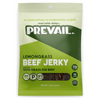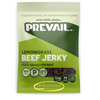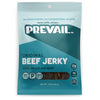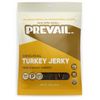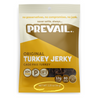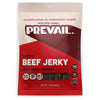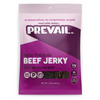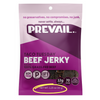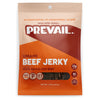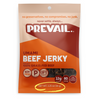Why You Should Consider a Grain Free Diet

Are you struggling to maintain a healthy weight? Do you suffer from digestive issues? Are you looking for ways to improve your overall health and well-being? If so, then it might be time to consider a grain-free diet. In this blog post, we’ll explore the benefits of a grain-free diet and why it might be the right choice for you.
What is a Grain-Free Diet and What Is A Grain Free Diet Healthy?
If you’ve been in the world of health and wellness for a while now, chances are you’ve heard about a grain-free diet. This type of diet eliminates all whole grains and processed grain products from your meals, including wheat, rice, corn, oat, and barley.
Whole grains and refined grains are the staple food of many cultures worldwide. They are a significant source of complex carbohydrates, fiber, and some essential nutrients such as iron, magnesium, and B vitamins. However, grains are not well-tolerated by everyone, especially those with celiac disease, gluten intolerance, or inflammatory bowel disease.
These grains contain a protein called gluten that can cause inflammation and damage to the intestinal lining. Moreover, grains with high glycemic index such as corn and wheat can raise blood sugar levels and increase the risk of insulin resistance, diabetes, and obesity. Therefore, some people choose to adopt a grain-free diet to avoid these health issues. Some consider this healthy eating that is vital to human health.
A grain-free diet is a way of eating that excludes gluten containing grains and processed grain foods, such as bread, pasta, cereal, and baked goods. Instead, it focuses on whole, nutrient-dense foods such as vegetables, fruits, meat, poultry, fish, eggs, nuts, and seeds.
The idea behind this balanced diet is to reduce inflammation, balance blood sugar levels, and promote gut health. Supporters of the grain-free and naturally gluten free diet claim that is has several health benefits improve digestion, energy levels, mental clarity, and skin health, among other benefits like a decrease in food sensitivities and food addiction.
If you’re interested in adopting a grain-free diet, it’s essential to consult with a licensed healthcare provider or a registered dietitian nutritionist to ensure that your nutrient needs are met. A grain-free diet can be low in the nutrient intake of certain nutrients such as fiber, iron, and vitamin D, that are typically found in grains.
Therefore, it’s crucial to choose a variety of whole foods and consider supplements if necessary. Also, it's crucial to watch your protein and fat intake, as a grain-free diet can be high in these macronutrients, which can lead to weight gain and other health issues if consumed excessively.
A grain-free diet is a way of eating that eliminates grains and focuses on whole, nutrient-dense foods. While it may be beneficial for some people who have gluten intolerance or digestive issues, it’s essential to consult with a healthcare professional before starting this type of diet. A grain-free diet can be low in some essential nutrients and high in protein and fat, which can lead to imbalances if not monitored.
However, if done correctly, cutting out grain based ingredients can help reduce inflammation, balance blood sugar levels, and promote gut health, among other potential benefits. Remember, a healthy diet is not a one-size-fits-all approach, and it’s essential to listen to your body and make informed choices about what works for you.
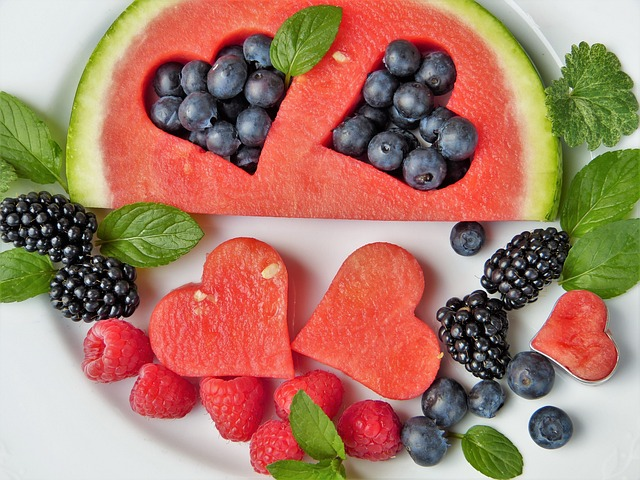
Reduces Inflammation in the Body
Grains can cause inflammation in the body, which can lead to a host of health problems including joint pain, headaches, and digestive issues. When you eliminate grains from your diet, you can reduce inflammation and improve your overall health.
Studies have shown that a grain-free diet is particularly effective for those with an autoimmune disorder and health conditions, such as rheumatoid arthritis and Crohn’s disease.
Helps with Weight Loss
If you’re trying to lose weight, a grain-free diet can be a great way to start. Grains are high in carbohydrates and can cause spikes in blood sugar levels, which can lead to weight gain.
By cutting out grains, you can stabilize your blood sugar levels and lower your overall calorie intake, leading to weight loss.
Improves Digestion
Grains are hard to digest, which can cause digestive issues such as bloating, gas, and constipation. A grain-free diet can improve digestion and help prevent these issues.
Additionally, a grain-free diet can improve the health of your gut microbiome, which is essential for overall health and well-being.
Provides Better Nutrition
Grains often lack the nutritional value that our bodies need. By eliminating grains, you can focus on eating more nutritious foods such as fruits, vegetables, and healthy fats.
These foods are packed with vitamins, minerals, and antioxidants that can help improve your overall health and well-being.
Increases Energy
If you're feeling tired and sluggish, it may be time to consider a grain-free diet. Grains can lead to blood sugar crashes that leave you feeling exhausted and unmotivated.
By eliminating grains and focusing on protein and healthy fats, you can maintain stable energy levels and feel more energized throughout the day.
Can Improve Mental Health
Finally, a grain-free diet can also improve mental health. Studies have shown that a diet high in processed foods and grains can increase the risk of depression and anxiety.
By eliminating grains from your diet and focusing on whole, nutritious foods, you can reduce your risk of mental health issues and improve your overall mood.
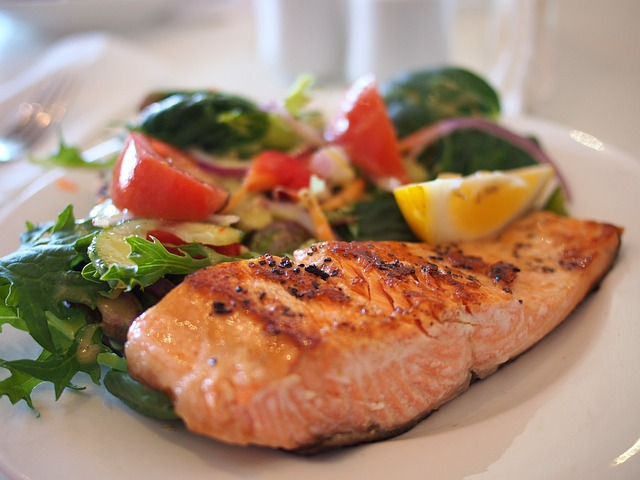
How to Have a Delicious Grain-Free Diet!
It's no secret that grains are a controversial topic in the nutrition world. Some experts swear by their benefits, while others believe we should avoid them at all costs.
So, what's the deal? If you're considering a grain-free diet, have celiac disease or have a non celiac gluten sensitivity, or simply want to learn more about the many grain free foods, read on for some helpful tips and tricks.
Know Your Grain
First and foremost, it's important to know what grains are and how they affect your body. Grains are essentially seeds that are produced from cereal grasses, such as wheat and rice.
They contain carbohydrates, fiber, vitamins, and minerals, but they can also cause chronic inflammation, digestive issues, and weight gain if consumed in excess. Common grains include wheat, rice, corn, oats, barley, and rye. There are also pseudo-grains that are often grouped with grains, like quinoa, amaranth, and buckwheat.
Explore Alternative Flours
One of the biggest challenges of eating grain free is finding alternatives to traditional grain based flours. Thankfully, there are a number of options available, such as almond flour, coconut flour, cassava flour, and chickpea flour.
You can also make your own flours by grinding nuts, seeds, and beans into a fine powder. These alternative flours can be used in a variety of recipes, from baked goods to pancakes to pizza crusts.
Get Creative with Your Meals
When you remove an entire food group like grains from your diet, it's important to get creative with your meals. Instead of pasta or rice, try spiralizing vegetables like zucchini or sweet potatoes to make noodles.
Or, make cauliflower rice as a grain free substitute. Get adventurous with other foods and your spices and seasonings to add flavor and variety to your meals without eating grains.
Focus on Whole Foods
One of the biggest benefits of grain-free diets are that it encourages you to focus on whole foods and replace refined grains and whole grains. This means you'll be eating more gluten free foods like fruits, vegetables, nuts, seeds, and healthy fats.
By avoiding processed grains, you'll be eliminating a major source of empty calories and refined carbohydrates. You'll also likely be following a gluten free diet. This can help you feel more satisfied and energized throughout the day.
Plan Ahead
Finally, it's important to plan ahead when you're on a grain-free diet. This means having healthy snacks on hand for when you're on the go, and prepping meals in advance so you don't fall back on old habits. Make a grocery list, and stick to it. By planning ahead, you'll be setting yourself up for success.
Looking For A Gluten Free and Grain Free Snack?
Are you trying to find a healthy snack that won't wreck your diet? Look no further than Prevail Jerky! Our flavorful beef jerky is not only gluten-free, but also grain-free – making it a smart choice for those with dietary restrictions.
Whether you're on-the-go or just need a quick bite, Prevail Jerky is the perfect snack to keep you satisfied and energized throughout the day. So next time you're looking for a delicious, yet healthy snack option, give Prevail Jerky a try!
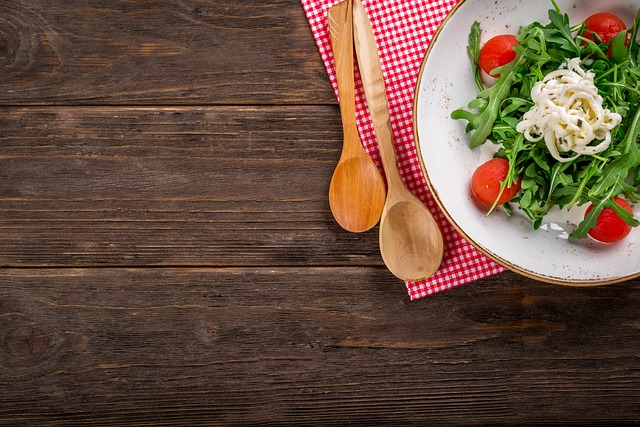
Conclusion
In conclusion, a grain-free diet can bring several benefits to your overall health and well-being. From reducing inflammation in the body to improving digestion and mental health, there are many reasons why you should consider a grain-free diet.
If you’re interested in trying a grain-free diet, it’s essential to speak with your doctor or a registered dietitian to ensure that your diet is balanced and meets your nutritional needs. With time and effort, a grain-free diet can be an important step in improving your overall health and well-being.


